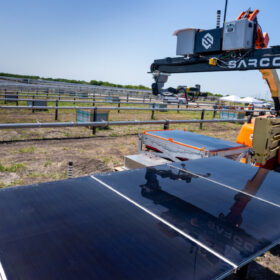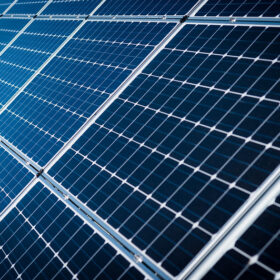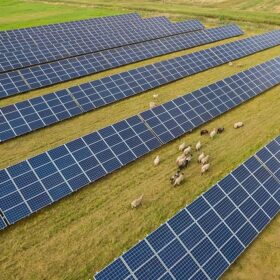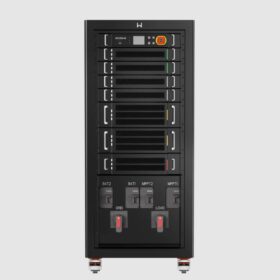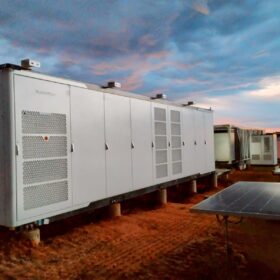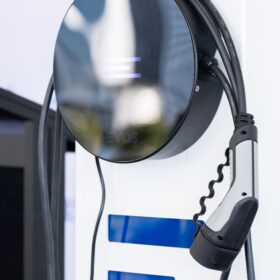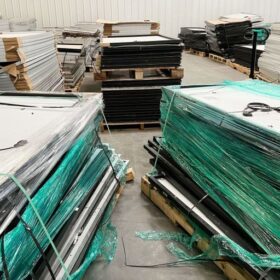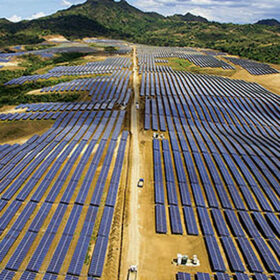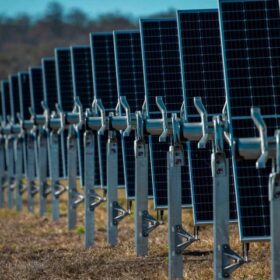Autonomous robots for solar installation gain traction
Installation robots are moving from test centres to the field. American technology companies Sarcos Technology and Robotics Corporation and Terabase Energy recently announced key business developments.
European warehouses store 40 GW of unsold solar panels
Rystad Energy says that about €7 billion ($7.8 billion) of solar panels are now being stored in Europe, but European developers continued to buy solar modules from China throughout the first half of this year.
Weekend read: Unify data to reduce complexity
The volume and complexity of data generated by renewables sites is growing, as are the regulatory requirements regarding its collection and delivery. Thomas Andersen, VP of renewables for U.S.-based engineer Emerson, explains how modern asset management systems can deliver better functionality and management to project operators and owners.
Harmony looks to accelerate approvals process for 300 MW PV pipeline
The New Zealand arm of United Kingdom-based renewables company Harmony Energy is seeking to accelerate the development of three solar farms that would add almost 300 MW combined generation capacity to the nation’s energy grid.
GoodWe unveils new inverters for C&I applications
China-based GoodWe has developed two new solutions – the ETC 100 kW hybrid inverter and the BTC 100 kW retrofit battery inverter – for commercial and industrial solar applications.
Developer backs battery retrofit to unlock new revenue streams
Clean energy investor Global Sustainable Energy Opportunities expects to gain access to additional revenue streams in Australia’s National Electricity Market after completing the retrofit of a battery energy storage system at an operating solar farm in South Australia.
Brisbane startup launches Australian-made home EV charger
Queensland electric vehicle charging technology startup Evos has unveiled its first home charger, a 7 kW wall-mounted device designed to add up to 35 kilometres of range to an electric vehicle for every hour it’s plugged in.
UNSW team scores 99% result with solar panel recycling process
A team of engineers at the University of New South Wales say they have developed a new, more effective method for recycling end-of-life solar panels that allows them to quickly and efficiently separate 99% of PV cell component materials.
APVI to plot path for Australian solar manufacturing industry
The Australian government has launched a new study that will explore opportunities for onshore manufacturing of solar panels and components in a bid to strengthen solar supply chains and better support the country’s energy transformation.
Philippines allocates 1.97 GW of PV capacity in renewables auction
Through the procurement exercise, the GEA-BEAC allocated 1,870.8 MW of ground-mounted PV capacity and 90 MW of floating solar power. The selected developers will secure 20-year power purchase agreements.
